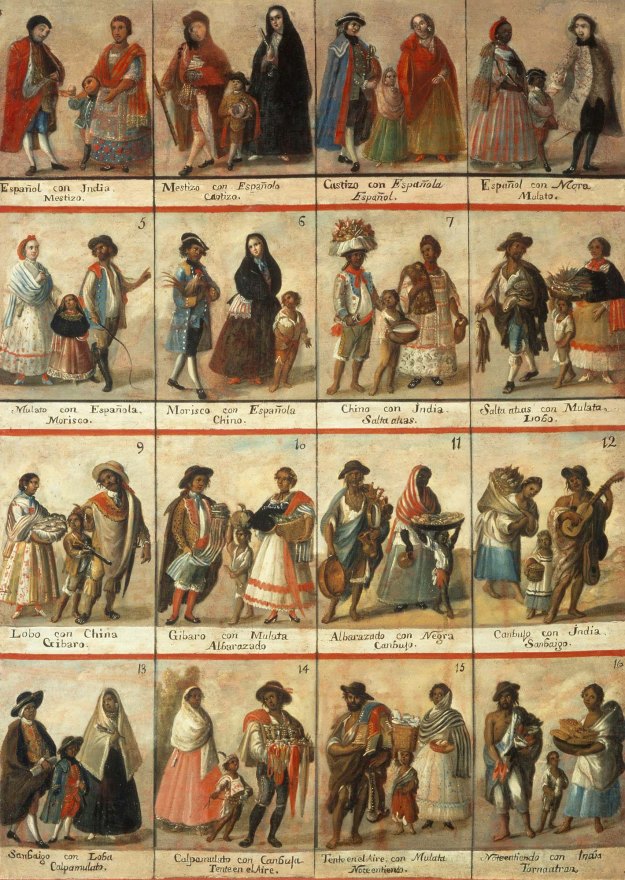jad·ed
adjective \ˈjā-dəd\
: feeling or showing a lack of interest and excitement caused by having done or experienced too much of something
1 : fatigued by overwork : exhausted
2 : made dull, apathetic, or cynical by experience or by surfeit <jaded network viewers> <jaded voters>
— jad·ed·ly adverb
— jad·ed·ness noun
I was in my room and I was just like staring at the wall thinking about everything
But then again I was thinking about nothing (Institutionalized)
Jaded has been a term I’ve come to endear. It perfectly encapsulates my mental and physical fatigue of this Spring Term so far. After ten straight months of school, I think I’ve had my fill. Even as I write this blog, I can feel my mind and body slowly disintegrate with every keystroke.
And it’s an incredibly frustrating state for me to be in. When I’m in “school mode” I have the tendency to be ruthless with how I go about academia. In-form Louis has laser focus, instant recall, and the fortitude to crush any test in his path. Two months into this term and those days of sharpness are few and far between. It’s gotten to a point where I’m drawing blanks on how to write essays, to study for exams, to write exams, to be interested in what my professors have to say, to be interested in what anyone else has to say. I’ve become aloof with a set of dead-fish eyes to match.
But worst of all, is how much my already weak Spanish grammar and vocabulary has suffered because of my disposition. My textbook, dictionary, and Gabriel García Márquez novella my mom gave me, all located within two steps of me, have been collecting dust in my drawer. Even my Spanglish, my bread and butter, is starting to get rusty.
Today I received my organization mandate for Instituto de Investigaciones de la Amazonía Peruana (IIAP) and although I was very excited, I was equally anxious because I know come September I’ll most definitely be expected to have near fluency in Spanish to do the following:
- Assist in the assessment and gathering of primary data from selected processes for species reforestation.
- Support training and awareness activities in environmental impact related to agroforestry systems, for local government staff, schools and the population.
- Assist in organizing leadership events in communities, focused on the management of natural resources.
- Assist in the development of articles and an environmental impact study regarding the project scope of work.
- Promote gender equality in all activities.
As someone who has always lacked in self-confidence in Spanish-speaking ability, this rut that I’m in has put my preparations for Peru in a bit of precarious state.
I’m gambling on that sometime within the next few weeks, I’ll probably be in the mood to rebound. Things usually pan out for me in the last minute. But until that time, jaded is the flavour of the month.

